
The Hacked World Order
How Nations Fight, Trade, Maneuver, and Manipulate in the Digital Age
Recommendation
World powers increasingly use computer espionage to spy on their rivals, spread propaganda and even sabotage nuclear weapons programs. Technology expert Adam Segal’s engaging study persuasively presents cyberspace as the new front line in geopolitical combat. International superpowers, outlier nations and cold-blooded terrorists alike have leapt into cyberwar, portending an unpredictable future for Internet security and diplomatic relations. getAbstract recommends this clearheaded, informative overview to technologists, policy makers, investors and NGOs seeking insight into a new era of international relations and threats.
Summary
About the Author
Adam Segal is the Maurice R. Greenberg Senior Fellow for China Studies and director of the Program on Digital and Cyberspace Policy at the Council on Foreign Relations.








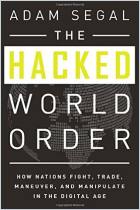
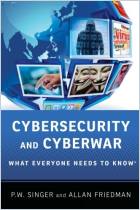
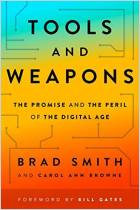
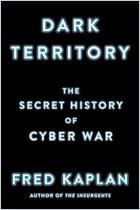
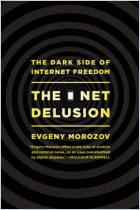







Comment on this summary or Comenzar discusión